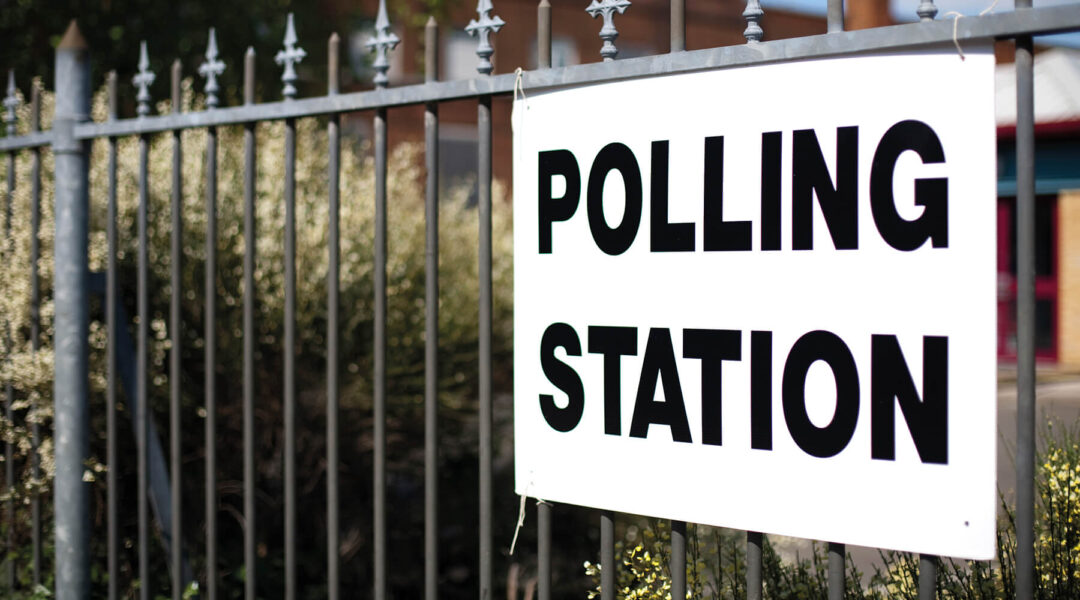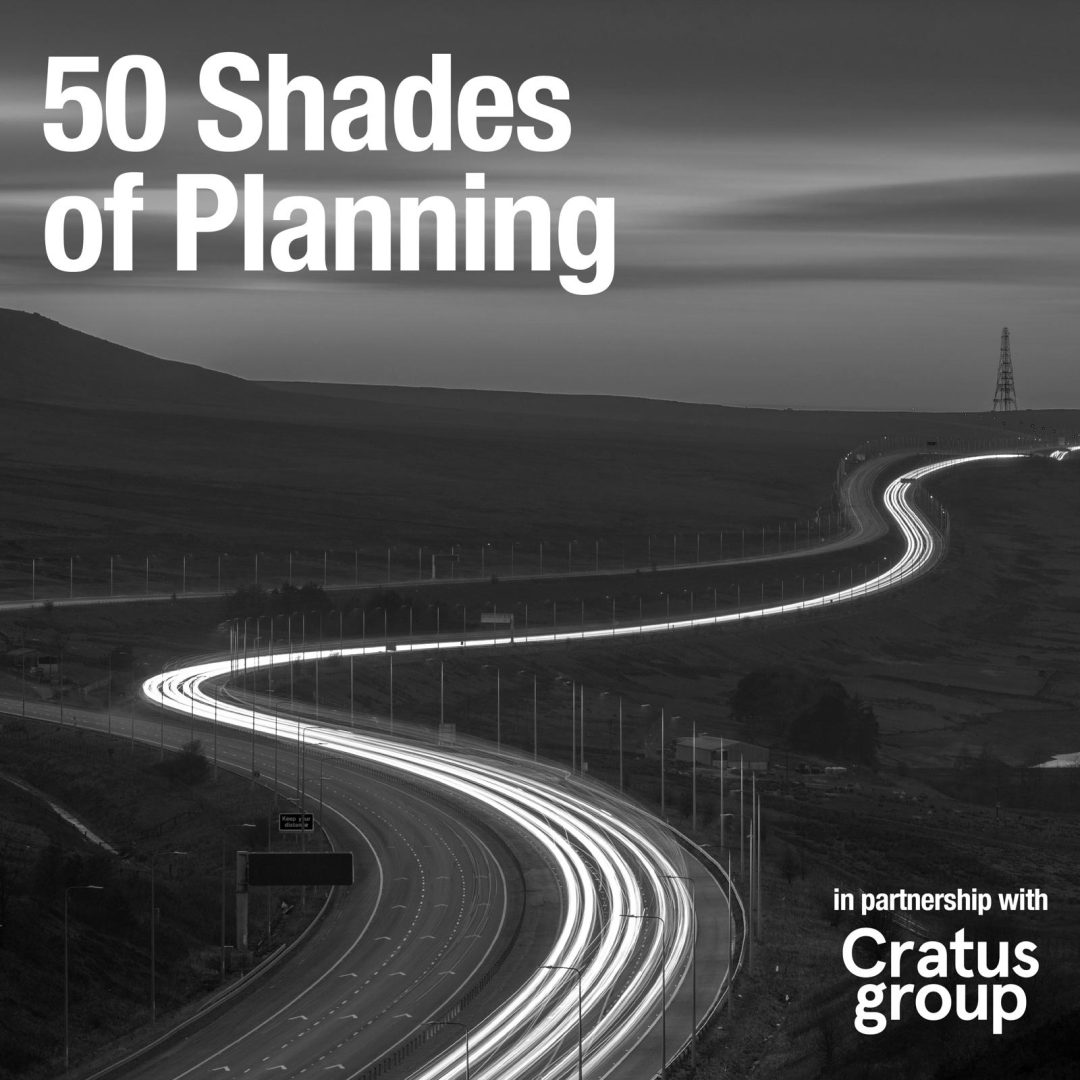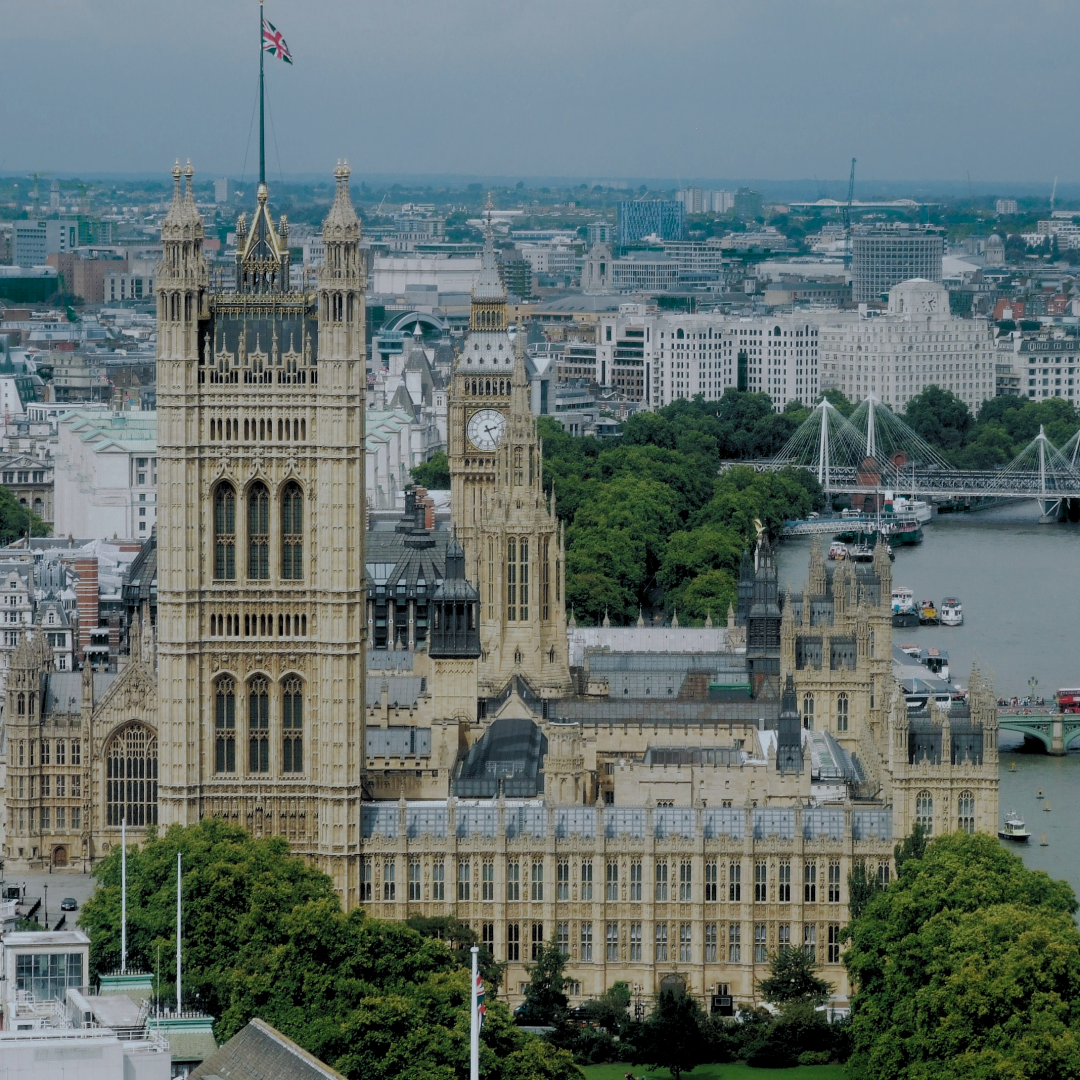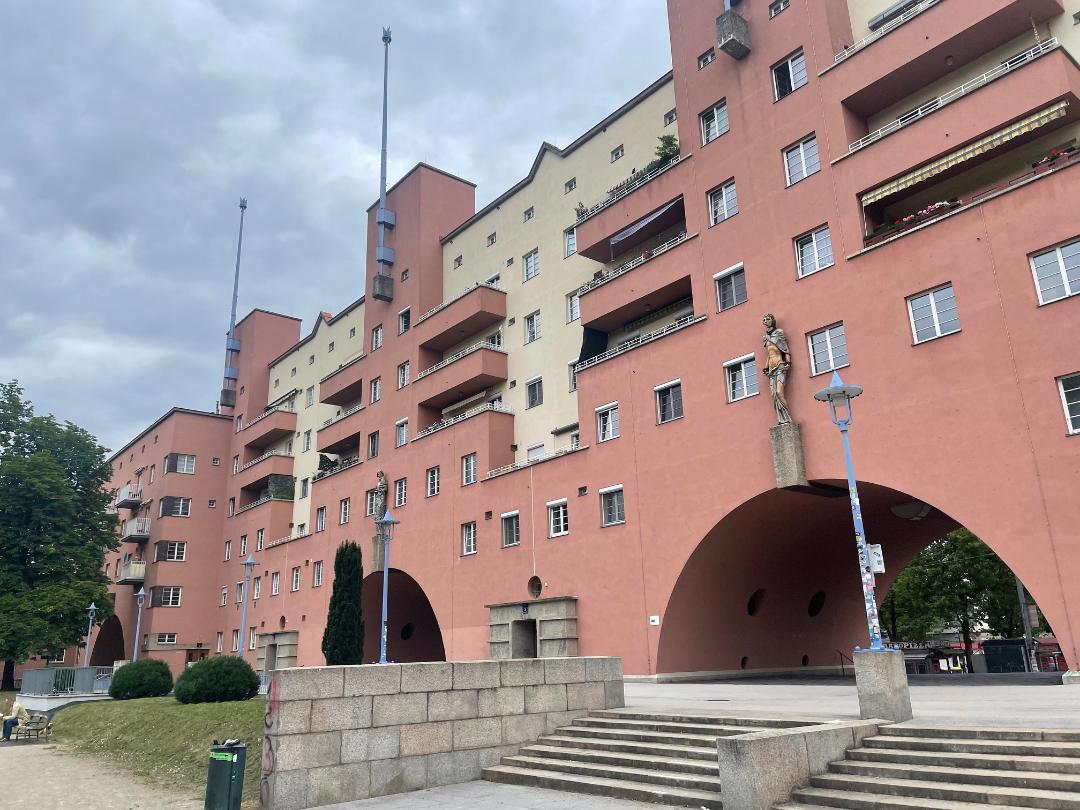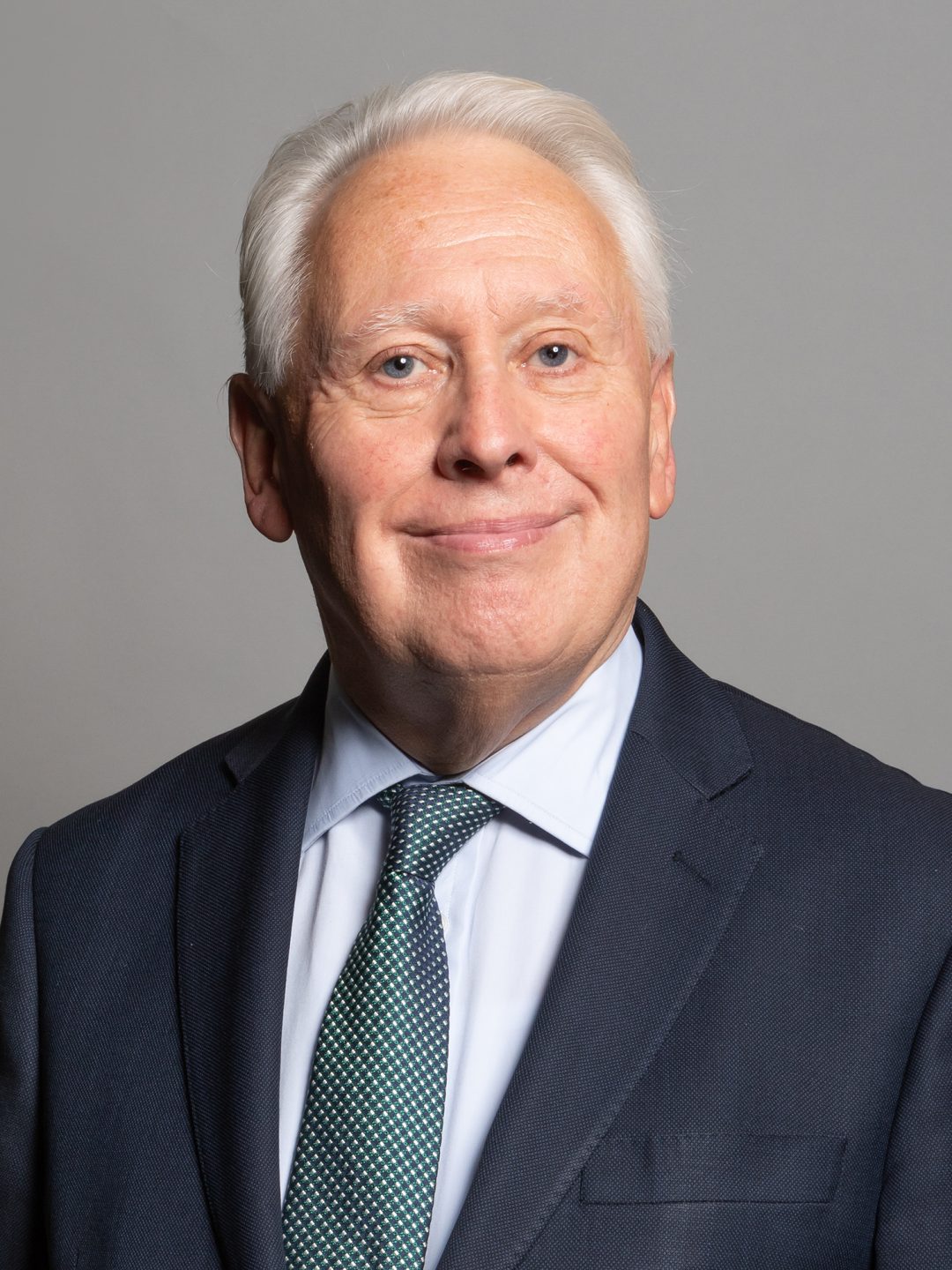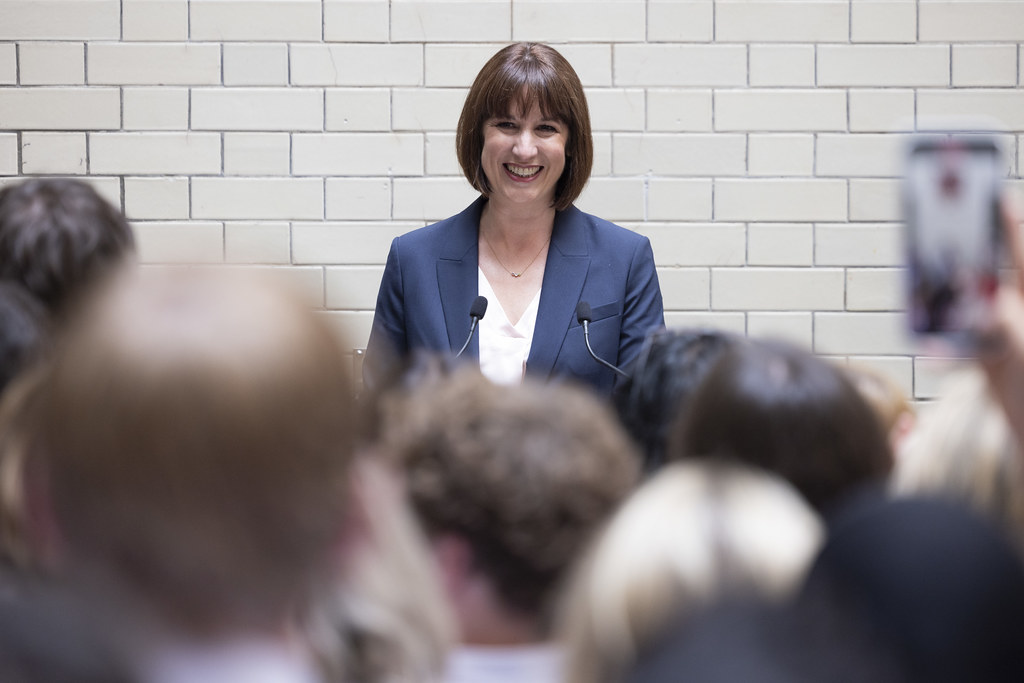The real battle on 7th May: 9,000 councillors; not 650 MPs
With the General Election campaign now in full swing, you could be forgiven for thinking that the only thing happening on 7th May is choosing 650 members of the House of Commons.
However voters in most parts of England will also be choosing over 9,000 councillors to represent them over the next four years. With elections taking place to 279 (79%) out of 353 principal local authorities in England – this is the largest and most significant set of local polls ever to take place on the same day as a General Election, due to the creation of a number of new unitary authorities in recent years. And out of these 279 English local authorities going to the polls on 7th May, 161 of them (58%) will see all councillors elected, with the remaining 118 (32%) electing to a third of positions.
Furthermore, the decisions made over the next four years by the 9,000 councillors elected on 7th May to these 279 local authorities will have a significant impact on the lives of local residents – arguably much more than 650 MPs who will be sent to Westminster.
As our Executive Chairman Sir Merrick Cockell set out on this site last month, the General Election is a sideshow. Councillors remain focused on serving their local communities – and with many of them up for re-election this year, they are already looking at new ways of enhancing public services during the next council term.
Although the local elections are unlikely to gain much media exposure due to the saturation of the national campaign, councillors and candidates (individually and as political parties) are sharing their local priorities directly with residents, and receiving doorstep views on issues ranging from parking to housing development.
And whilst national politicians enter a bidding war with policies setting out how they would seek to provide much-needed housing, it will be councillors in the 326 English local authorities responsible for local planning decisions that will enable such developments to take place.
And with over 85% (279) of these planning authorities facing elections on 7th May, there is no doubt that the electorate’s choice of councillors for individual wards (and the resulting make-up of planning committees) will be a key factor in determining whether plans for new housing will be approved or rejected, and in what form.
Even a cursory glance at the campaign themes of local councillors and candidates show how much planning and housing are a major focus of local election platforms. These pledges will undoubtedly play a role in the future direction of these local authorities when setting shaping future planning policies and site allocations, as well as impacting on decisions whether to grant planning permission at committee stage.
Over the coming weeks Cratus will be monitoring policy announcements from the main parties nationally about their plans for local government, planning and housing. But more importantly, we will be looking closely at what the future decision-makers in individual local authorities are offering. It will be these councillors who will make the decisions that really matter to local communities over the coming years.
Perhaps most significantly of all, the relative success of the future Westminster government’s policies for local government, planning and housing will very much depend on the willingness of local authorities – individually and collectively – to oversee major decision-making and change at a local level, as they have over recent years.
So when Westminster deliberates at length in the likely post-election negotiations, look local for where politicians are getting on with the job.
